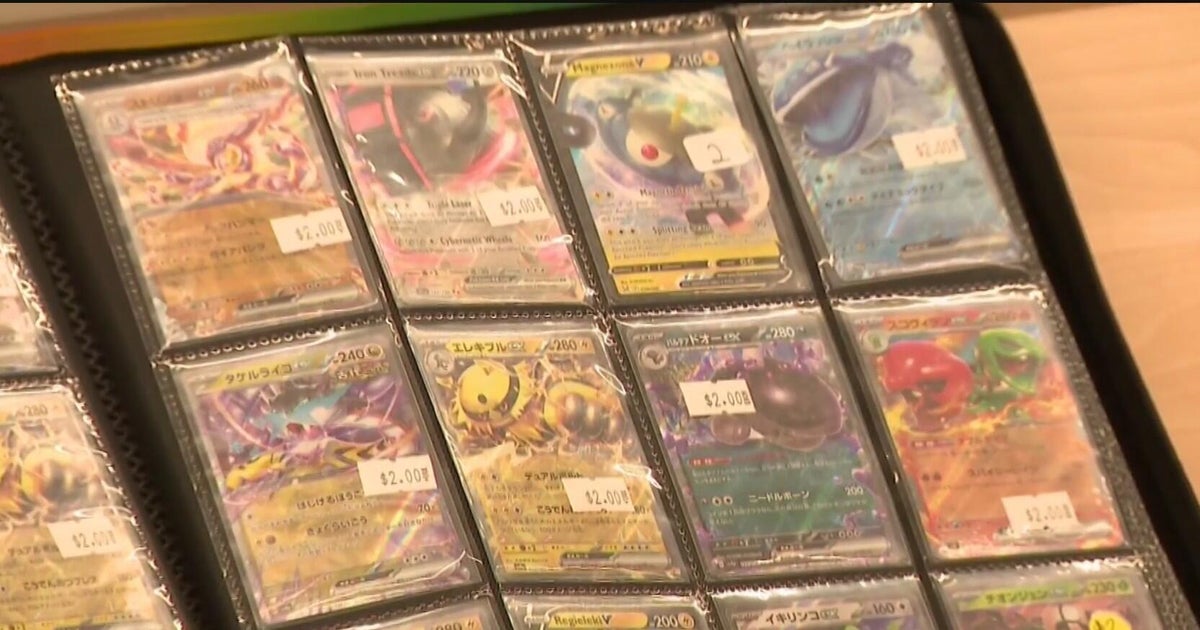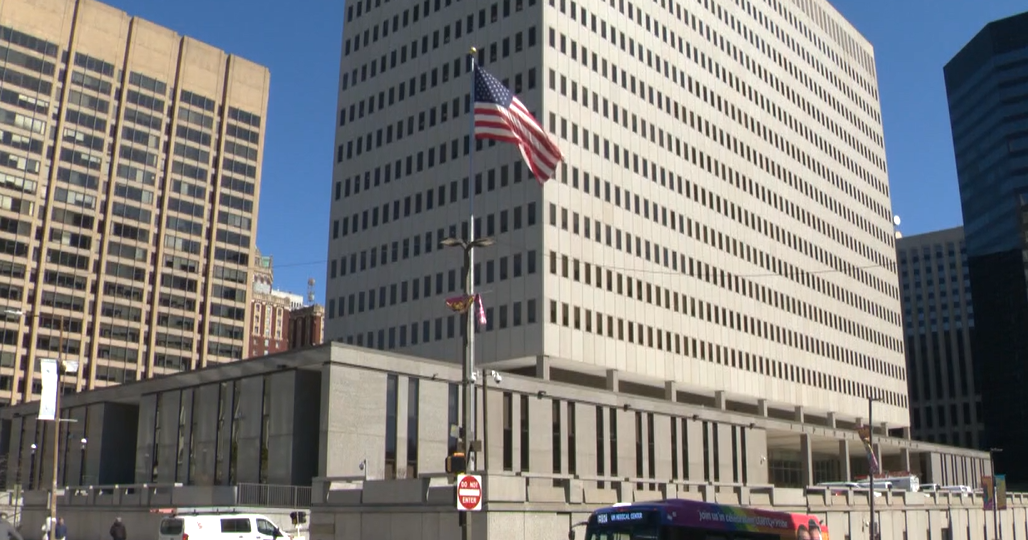EXCLUSIVE: Feds Bust Multi-Million Dollar Identity Theft Ring
MIAMI (CBS4) - They are the tools of the identity thief's trade, federal agents say -- a laptop computer and a credit card reader.
Homeland Security investigators say they found these items and other evidence in the Southwest Miami-Dade home of Jorge Eduardo Liy, an accused mastermind of a multi-million dollar identity theft ring stretching from South Florida to Canada and Eastern Europe.
Investigators say this case is one more piece of evidence proving an ignominious distinction for South Florida.
"South Florida, in particular, is the number one area in the United States for identity theft," said Gerard O'Neill, Assistant Special Agent in Charge with U.S. Customs and Immigration Enforcement and Homeland Security Investigations.
Agents say cases like the Liy case are popping up more and more.
Federal agent Deborah Morrisey says Liy made tons of phony credit cards out of his home -- realistic even down to the foil markings on the back of the card.
Agents say Liy made the cards with thousands of stolen credit card numbers purchased from criminal groups in Canada and Eastern Europe. It is believed -- according to the feds -- that the stolen numbers were acquired through a myriad of ways, including home break-ins and through large scale rip-offs of data.
"(The criminal groups) are making a huge profit by selling batches of these credit card numbers," Morrisey said.
In a twist, Morrisey says Liy had his employees buy prepaid gift cards with the phony credit cards, which made it more difficult to trace his operation.
Morrisey said those gift cards were then sold at a discount online. All told, investigators believe the operation made at least $4 million dollars.
"(He was) basically breaking the chain between himself and the fraudulent credit card and laundering the proceeds of the fraudulent credit card," Morrisey explained. "Because even if you got back to the gift card it was probably sold to an innocent individual online."
When the feds searched Liy's house they say they found small bags crammed full of fraudulent credit cards, a hard drive with a trove of credit card numbers on it and a gun.
Morrissey said this case shows why your personal information -- whether it's credit card information or a social security number -- is so valuable.
"The public in general are being attacked regularly for this precious information because this information is economic gold," Morrisey said.
O'Neill says South Florida is a haven for these crimes because of the transient population, number of tourists and international economy.
O'Neill warns the public that scam operations like this one prove consumers need to wary every time they hand over their credit or debit card or provide their personal information.
"Know who you're giving your information to and always ask the question, 'What is this going to be used for?'" O'Neill told CBS 4's Carey Codd. "The consumer always needs to be vigilant and ask the follow up question."
In addition, O'Neill recommends everyone purchase a shredder and shred important documents.
O'Neill said there are estimates that 500,000 people across the country have their identites victimized each year, which costs financial institutions $750 million dollars in losses.
"At the end of the day it's going to be the credit card companies and the banks will take a hit," Morrisey said, adding that consumers ultimately pay the price through higher fees and costs.
We tried to reach Liy's lawyer for a comment but he did not return our phone call.
Federal investigators say Liy pleaded guilty to the charges and will be sentenced next month. Investigators say Liys faces between 5 and 8 years in prison and could be forced to pay a substantial restitution.







